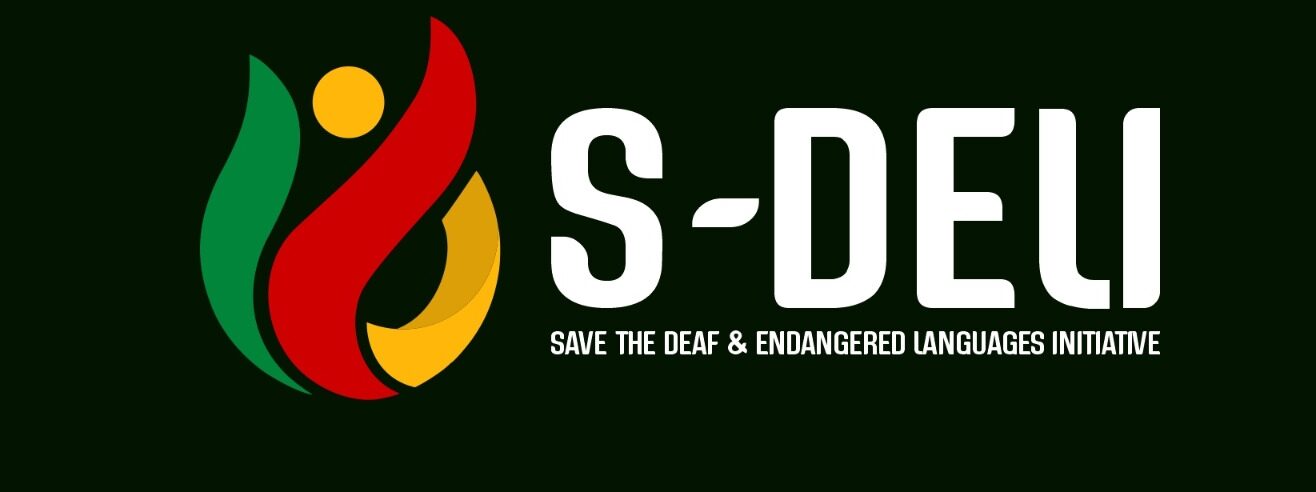Let’s Discuss Nigerian Sign Language Chapter 2
Since we started to advocate for the documentation and development of Nigerian Sign Language NSL, we are aware of the confusions in the minds of people – deaf signers, Special Ed teachers, signed language interpreters and the of course our “laymen” fans. The purpose of this article is to briefly discuss the socio-cultural structure of NSL, its users, and the need for its development.
As earlier stated in our past discussion, over 95% of Nigerian Deaf signers acquired/learned signed language in Deaf schools, where they’re led to believe that they’re learning American Sign Language, ASL. Unfortunately, the sign they learn is neither used by deaf signers in America nor in any other Western World, but in Nigeria, and probably a few other African countries facing similar linguistic identity crisis, irrespective of the fact that the formal teaching of signed language in Nigeria was introduced by an African American Deaf missionary, Andrew Foster in the 60s. Before then, we are aware that deafness was already inexistence in Nigeria, and deaf persons already had some form of communication, be it gestures or manually-coded whatever. .
Some deaf studies professionals, at different times have made attempts to develop aspects of the NSL to be used in schools, but it is our opinion that such attempts have not translated into feasible strides because the efforts lacked professional linguistic input and government supports. NSL has remained unconstitutionally recognized despite the numerous population of deaf signers in the country.
Members of Nigerian Deaf community also have shown unwillingness and lack of motivation towards the development of their language because they have failed to own up their language. Humans possess and exhibit the natural affection to secure, nurture, and develop what is theirs, but often do not do so in what does not belong to them. As long as Nigerian deaf signers, and signed language interpreters and all the members of Nigerian deaf community continue to see their language as ASL, they lack the willingness to nurture and develop it; common instinct tells them leave it for the “owners” to develop. Unfortunately, the signed language used in Nigeria with its varieties, is not owned by any other in the world than the Nigerian deaf community.
Every natural language is generative – in other words, it has an unlimited number of words and expressions that can develop from day-to-day use. The innate ability for the inherent language users to derive or generate unlimited words and expressions in their language is one of the unique properties of human language. Since language growth determines the users/owners’ growth, a linguistic community cannot grow higher than their language. For instance, think of the languages that are used at a global setting today, the owners of such languages are considered the rulers of the world, and such languages keep evolving, growing and spreading.
If Deaf signers and users of Nigerian Sign Language cannot develop their language, with the help of indigenous linguists, Deaf stigmatization may not be surmounted. This is applicable to other African countries, since many other African countries look onto Nigeria for a leading. This is why we are raising a team of deaf signers, signed language interpreters, and passionate individuals from other disciplines to volunteer with us on this project. we have different activities currently going on in Abuja, Lagos, Imo, and Enugu.
